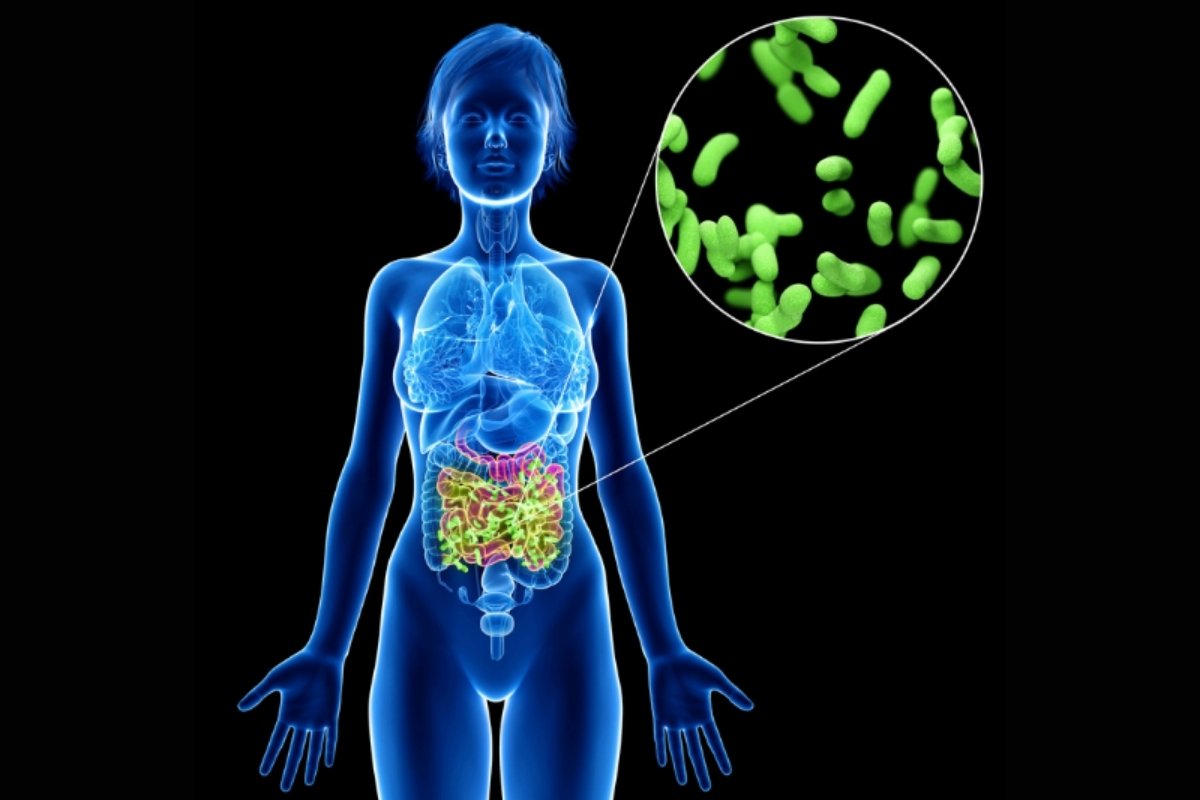In recent years, scientists have discovered that our gut is far more than just a digestive organ—it is a thriving ecosystem of trillions of bacteria, fungi, and other microorganisms that profoundly influence our health. This “microbiome” plays a crucial role in everything from digestion and immunity to mental health and even longevity. Understanding and nurturing our gut bacteria can unlock new levels of health, happiness, and well-being. Welcome to the Microbiome Revolution—where tiny organisms have a massive impact on your life.
1. What Is the Gut Microbiome?
The gut microbiome refers to the vast collection of microorganisms living in your digestive system, particularly in the intestines. These microbes include:
- Beneficial bacteria (like Lactobacillus and Bifidobacterium) that help break down food, produce vitamins, and strengthen immunity.
- Neutral microbes that coexist without causing harm or benefit.
- Harmful bacteria that can trigger inflammation, digestive issues, and disease if they overgrow.
A balanced microbiome supports good health, while an imbalanced one—known as dysbiosis—can contribute to numerous chronic conditions, including obesity, depression, and autoimmune disorders.

2. How Your Gut Bacteria Influence Your Health
a. Digestion and Nutrient Absorption
Your gut bacteria break down fiber and complex carbohydrates that your body cannot digest on its own, producing essential short-chain fatty acids (SCFAs) like butyrate, acetate, and propionate. These SCFAs support gut lining integrity, reduce inflammation, and fuel intestinal cells.
b. Immune System Regulation
About 70% of your immune system resides in your gut. A healthy microbiome trains your immune cells to distinguish between harmful invaders and friendly microbes, preventing unnecessary inflammation and autoimmune reactions.
c. Mental Health and Mood Regulation
The gut-brain axis is a powerful communication network between your gut and brain. Your microbiome influences neurotransmitter production, including serotonin and dopamine, which affect mood, anxiety, and cognitive function. Studies suggest that gut health is linked to mental health conditions like depression, anxiety, and even neurodegenerative diseases.
d. Weight Management and Metabolism
Certain bacteria are associated with weight gain or loss. For example, people with a higher ratio of Firmicutes to Bacteroidetes bacteria tend to extract more calories from food and store more fat. Maintaining a balanced microbiome can help regulate metabolism and prevent obesity.

3. The Microbiome and Happiness: The Gut-Brain Connection
Scientists have found that a healthy gut can enhance mood and overall well-being. Here’s how:
- Production of neurotransmitters: Around 90% of serotonin—the “happiness hormone”—is produced in the gut.
- Reduced inflammation: Chronic inflammation in the gut is linked to anxiety, depression, and brain fog.
- Better stress response: A well-balanced microbiome helps regulate cortisol levels, reducing stress and promoting relaxation.
4. How to Improve Your Gut Health Naturally
To support a thriving microbiome, consider these science-backed strategies:
a. Eat More Fiber and Prebiotics
Prebiotics are non-digestible fibers that feed beneficial bacteria. Foods rich in prebiotics include:
- Garlic
- Onions
- Bananas
- Asparagus
- Oats
b. Consume Probiotic-Rich Foods
Probiotics are live bacteria that help balance the gut microbiome. Great sources include:
- Yogurt (with live cultures)
- Kefir
- Sauerkraut
- Kimchi
- Miso
c. Reduce Processed Foods and Sugar
Excess sugar and processed foods promote the growth of harmful bacteria and contribute to dysbiosis. Stick to whole, nutrient-dense foods.
d. Manage Stress and Get Quality Sleep
Chronic stress and poor sleep can disrupt gut bacteria. Practices like meditation, deep breathing, and regular sleep schedules can help restore balance.
e. Take Antibiotics Only When Necessary
Overuse of antibiotics can wipe out good bacteria along with the bad. If you must take them, consider supplementing with probiotics afterward to restore gut health.
5. The Future of the Microbiome Revolution
Advancements in microbiome research are opening new frontiers in health and medicine. Some exciting developments include:
- Personalized microbiome testing to tailor diets and treatments for optimal gut health.
- Microbiome-based therapies, such as fecal microbiota transplants (FMT), to treat gut-related diseases.
- Next-generation probiotics designed to target specific health conditions, from obesity to mental health disorders.
The microbiome is at the heart of human health and happiness. By nurturing your gut bacteria through diet, lifestyle, and mindfulness, you can enhance digestion, immunity, mental well-being, and longevity. As science continues to uncover the profound impact of gut microbes, embracing the Microbiome Revolution may be one of the most powerful steps toward a healthier, happier life.
Are you ready to transform your health from the inside out? Start by making gut-friendly choices today!


